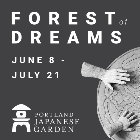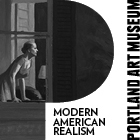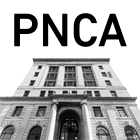
|
||
|
Portland art blog + news + exhibition reviews + galleries + contemporary northwest art
|
||
Weekly Links Hermann Nitsch's work isn't academic or formalist, more like a religion of signs without being tied to beliefs. His work is getting a lot of consideration now because it also isn't terribly commodifiable becuase how do you put a price on provocation?
An interesting discussion of higher education and art. The sheer # of art schools and students isn't so much the problem as is very low standards for being a "lifestyle artist" these days. Pedagogy and being able to explain yourself doesn't make you an artist. When the few strong curators and critics can't fully explain why they keep paying attention to you, but still do it because you are leading the way into something nobody fully understands but need to... then you are probably an artist. The trick is that "tracking" that occurs and though art schools are important they are kind of a side bar to the art world... kinda like the relationship of butterfly hunters to butterflies (which isn't necessarily trivial, but no where as important as the butterflies actual environment they live and die in). Think of it like salmon raised completely in captivity vs wild ones. The question of "who" is benefitting from the education system is important though and one problem I see with all these school expansions is they don't endow their new programs like they do the buildings. Free tuition is interesting but I can't see it being the norm. The Met is commissioning Cornelia Parker for its rooftop. I've always liked this model of museum's as patrons... it gives room to push boundaries where individual collectors or galleries that rely on them can be timid or simply space constrained. Posted by Jeff Jahn on October 15, 2015 at 15:30 | Comments (0) Comments Post a comment Thanks for signing in, . Now you can comment. (sign out)
(If you haven't left a comment here before, you may need to be approved by
the site owner before your comment will appear. Until then, it won't appear
on the entry. Thanks for waiting.)
|
| s p o n s o r s |
 |
 |
 |
 |
 |
 |
 |
 |
 |
 |
 |
 |
 |
 |
 |
 |

|
Site Design: Jennifer Armbrust | • | Site Development: Philippe Blanc & Katherine Bovee | |

